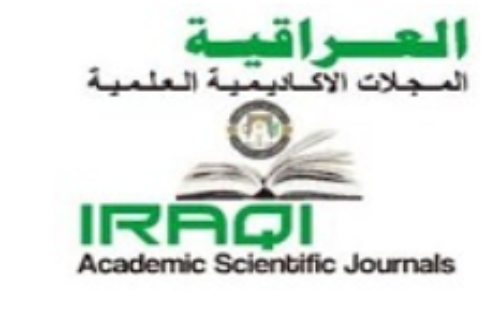Effect of Rosmarinus Officinalis Aqueous Extract on Some Biochemical Barameters and Histological Characteristics of Aorta in Hyperlipidemia Male Rats
DOI:
https://doi.org/10.32792/utq/utjsci/v7i2.705Keywords:
Rosmarinus officinalis; hyperlipidemia; lipid profile; malonedialdehyied; glutathione.Abstract
The present study was aimed to investigate Rosmarinus officinalis aqueous extract activity in male rats with hyperlipidemia. Twenty adult albino male rats were used and divided into following groups (each group consist 5 rats); negative group received ad libidium, positive group was given normal water containing 0.5% of hydrogen peroxide and 1% of cholesterol in the feed for 60 days for induction of hyperlipidemia. Third group rats with hyperlipidemia and treated with (50mg/kg/daily), fourth group rats with hyperlipidemia and treated with (100mg/kg/daily), The results showede high significant increase (P < 0.05) in levels of cholesterol and triglyceride and significant decrease (P < 0.05) in levels of HDL in positive group compare with control group. Oxidative stress factor in an infected group significant increase (P < 0.05) in levels of MDA (malonedialdehyied) and significant decrease (P < 0.05) in levels of glutathione (GSH) compare with control group. On the other hand, diameters of aorta artery show significant increase (P < 0.05) compare with control group. While, after using Rosmarinus officinalis aqueous extract in treatment, the results showed non-significant changes (P < 0.05) in lipid profile, MDA, GSH and diameters of aorta artery compare with control group. It was concluded that R. officinalis extract has been a protective effect in rats with hyperlipidemia.
Downloads
Published
Issue
Section
License
Copyright (c) 2020 University of Thi-Qar Journal of Science

This work is licensed under a Creative Commons Attribution 4.0 International License.













